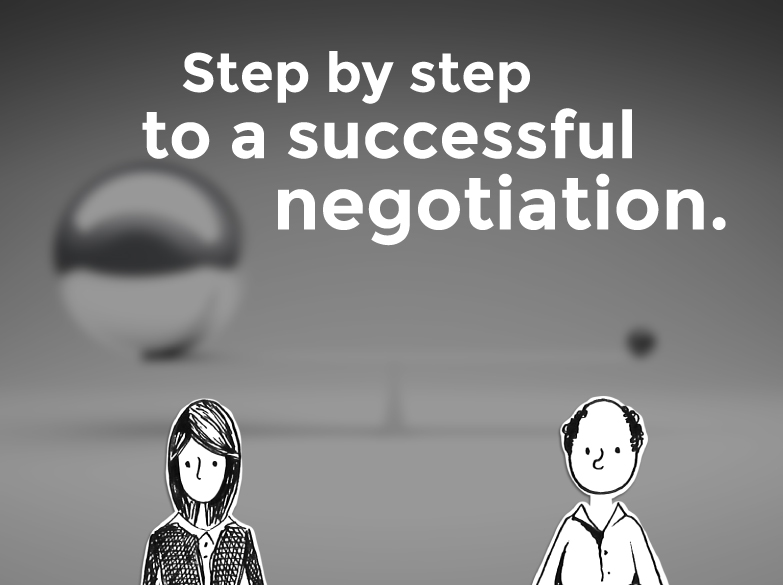According to a publication by Grandes PYMEs, small and medium enterprises (SMEs) tend to negotiate more through intuition than method. Although this strategy works on some occasions, it probably won’t secure consistent results all the time. We are all capable of negotiating and we can learn to do so better each time.
Harvard experts affirm that every minute of negotiation requires at least one minute of preparation
Preparation is essential. It helps to picture the scenario before it occurs, understand the other party, the objectives and points in common of both parties involved, among other factors. Grandes PYMEs sustains that planning ahead helps define the negotiation roadmap. Then, the negotiator simply has to follow it and have sufficient flexibility to adjust his behavior to the possible changing circumstances that may arise.



Follow Us